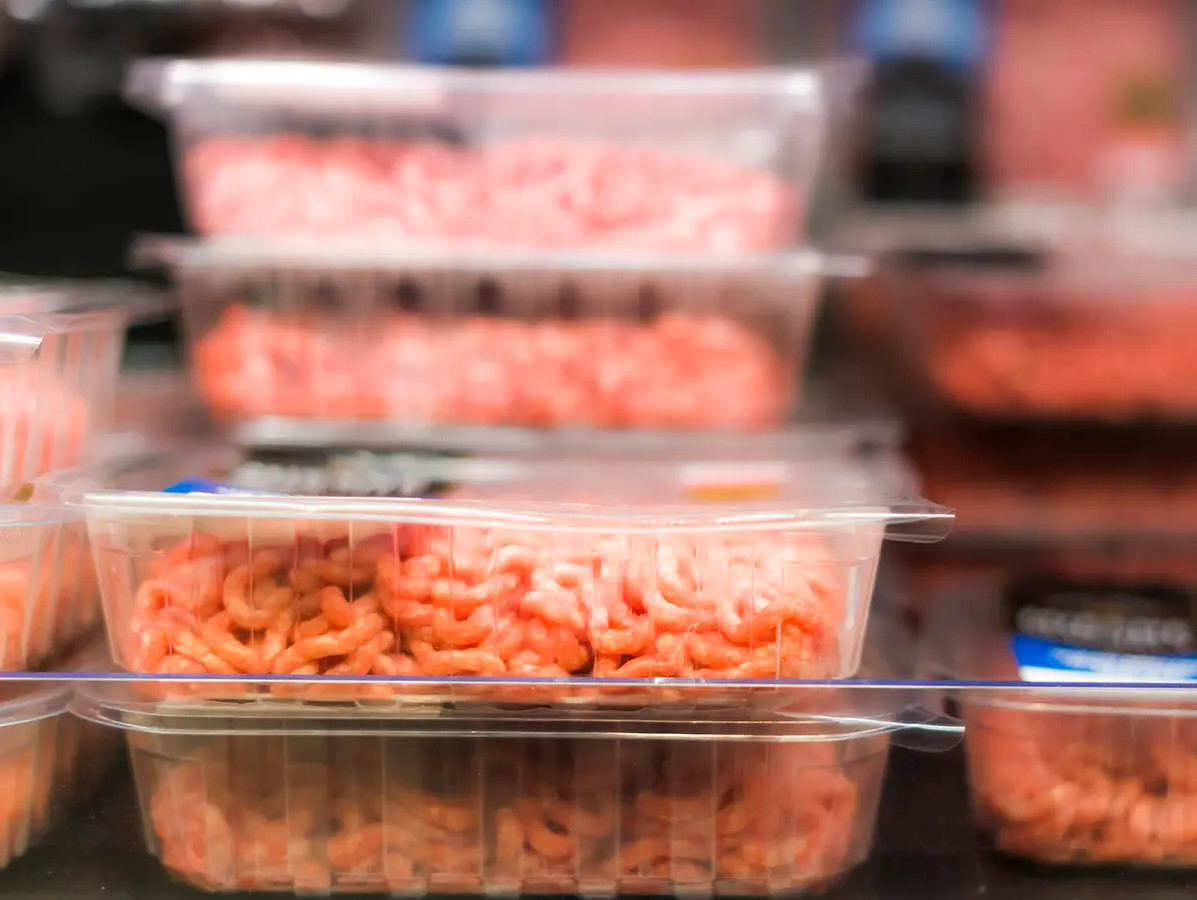
The new Packaging and Packaging Waste Regulation (PPWR), which was officially published on January 22, sets strict requirements for packaging and packaging waste. The aim is to achieve a more sustainable economy. For the food industry, this means significant changes in the design, production, and recycling of packaging.
The PPWR introduces mandatory measures that impact the entire lifecycle of packaging. The focus is on reuse and recycling, with a strong emphasis on significantly reducing the use of primary raw materials. According to Eurostat data, packaging accounts for 40% of plastic use and 50% of paper consumption in the EU. This calls for innovative solutions to reduce the environmental footprint and promote circularity. The legislation also aims to harmonize the internal market and prevent fragmented regulations across member states.
Producers are required to design packaging that is easily reusable and recyclable. This applies particularly to plastic packaging, where recycled material is expected to play an increasingly important role. Since 2021, member states have been financially encouraged to reduce plastic packaging waste, in line with the European strategy for plastics in a circular economy.
For companies in the food industry, this means packaging strategies need to be revised. This includes using lighter materials, increasing the share of recycled plastics, and ensuring packaging better aligns with the waste hierarchy. In addition, standardized labeling systems are being introduced to help consumers with correct waste separation.
With these developments, the EU is taking a significant step towards a circular economy. Food sector producers face the challenge of meeting the new requirements while keeping their products both attractive and functional.
For more information: ‘Verordening (EU) 2025/40 van het Europees Parlement en de raad’ (Dutch only)
Source: Europese Unie